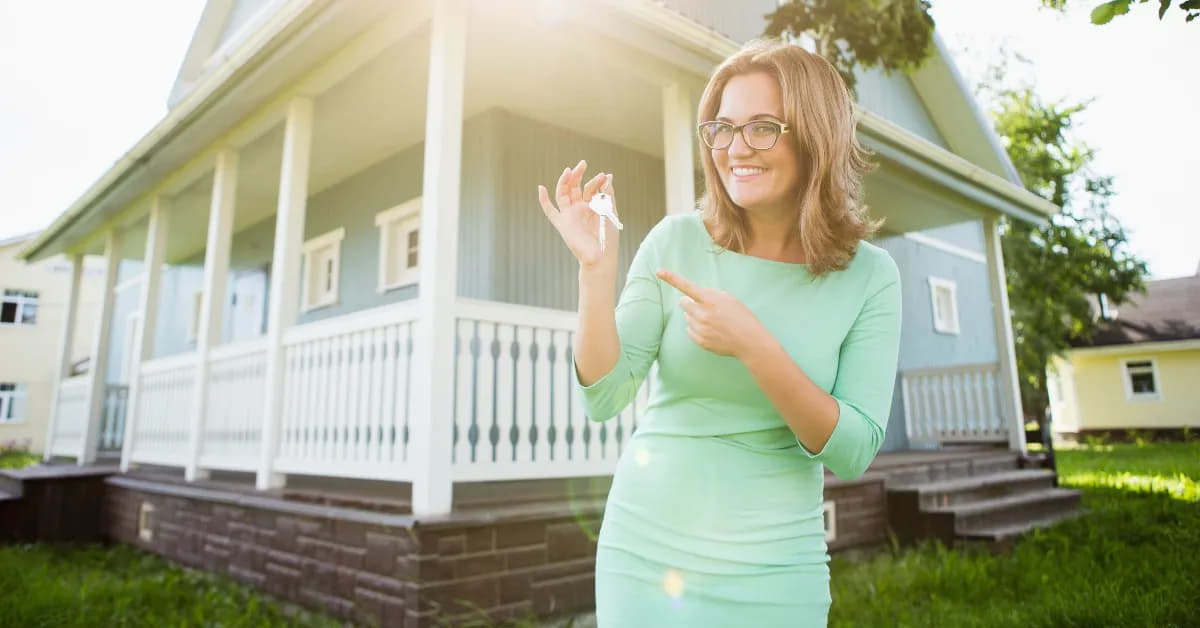When tenants leave a rental property, either planned or unplanned, questions often arise around what can be done with any personal property or belongings left behind.
In this article, we will explore the question can a landlord throw out my belongings without eviction.
Can a landlord throw out my belongings without eviction?
Landlords cannot simply dispose of a tenant's personal property if it has been abandoned without an official eviction having taken place. If a tenant abandons rental property without a formal notice or plans to move, the landlord may be obligated to store the property for a period of time and make a reasonable effort to contact the tenant before disposing of or selling their belongings.
Tenants who have been abruptly evicted also often leave belongings behind in haste, and some states require landlords to temporarily store this property and allow tenants access to reclaim their items. Without a formal eviction order from the court, landlords typically do not have the right to immediately dispose of a tenant's property in their rental unit.
Related: Can A Landlord Touch Your Personal Belongings?
How must a landlord handle abandoned property after an eviction?

For tenants who have gone through the legal eviction process and been ordered to vacate the rental property by the courts, landlords may have more flexibility in dealing with any property left behind. However, many states still require landlords to provide written notice to the former tenant informing them that their abandoned property is being held.
This notice will include details on the types and estimated value of items, where the property can be reclaimed, and the deadline for collecting belongings. If tenants do not respond by the specified date, landlords can then dispose of or sell the abandoned property.
What protections exist if a tenant plans to abandon property?
When tenants voluntarily abandon rental property after providing proper notice to their landlord, landlords generally have discretion to immediately dispose of any personal belongings or property left behind. This is because tenants had time to plan their move-out and intentionally left items not worth taking.
However, tenants should still remove all valuable personal property from the unit to avoid any issues. A planned abandonment with notice to the landlord results in fewer legal protections for property left behind compared to other departure scenarios.
Does the landlord have to store abandoned property?
In many states, landlords are obligated to store a tenant's abandoned personal property for a certain period of time, such as 30 days, before dealing with items left behind. This allows an opportunity for tenants who abandoned property unexpectedly due to an eviction, emergency, or unplanned circumstances to reclaim their belongings.
Landlords cannot immediately throw such property away but may charge reasonable storage fees to the tenant if belongings are collected. Proper notice must also be provided about the abandoned items, specifying where tenants can retrieve their property.
Can landlords keep abandoned property to offset unpaid rent?
Some states permit landlords to place an automatic lien on any high-value abandoned property left in a rental unit to recover unpaid rent owed. However, items related to basic living needs may be exempt from such liens.
If a landlord improperly keeps, auctions, or sells a tenant's property without going through the required legal process, the tenant can potentially sue in small claims court for the value of their lost possessions. Tenants should understand their state's specific laws regarding automatic liens and landlords' rights to a former tenant's property.
Do landlords have liability for damaged abandoned property?
Landlords generally are only liable for any damage to a tenant's abandoned personal property if the harm resulted from the landlord's own negligence, such as failing to properly secure or store belongings. Ordinary wear and tear that occurs during storage would not make landlords responsible.
However, tenants can sue their landlord in small claims court if the landlord did not appropriately follow mandated procedures for dealing with abandoned property, and this caused the property to be improperly damaged or lost. As with other landlord-tenant disputes, state law dictates the exact circumstances under which each party is liable.
What notice must landlords provide about abandoned property?
Many states require landlords to send former tenants a written notification when abandoning property is discovered. This notice will include details of the property being held, its appraised value or estimates, the deadline for reclaiming possessions, storage fees if applicable, and the date after which the items will be considered abandoned.
Sending the proper documentation protects both landlords and tenants by allowing abandoned property to be addressed transparently through the appropriate legal channels. Tenants retain the ability to reclaim valued belongings, while landlords avoid potential liability issues down the road.
Conclusion
In summary, landlords typically cannot immediately dispose of a tenant's personal property left behind without going through certain legal procedures first. These exist to protect tenants' rights over their abandoned possessions. While planned moves result in fewer landlord restrictions, other departure scenarios such as evictions necessitate temporary landlord property storage and notice to former tenants.





